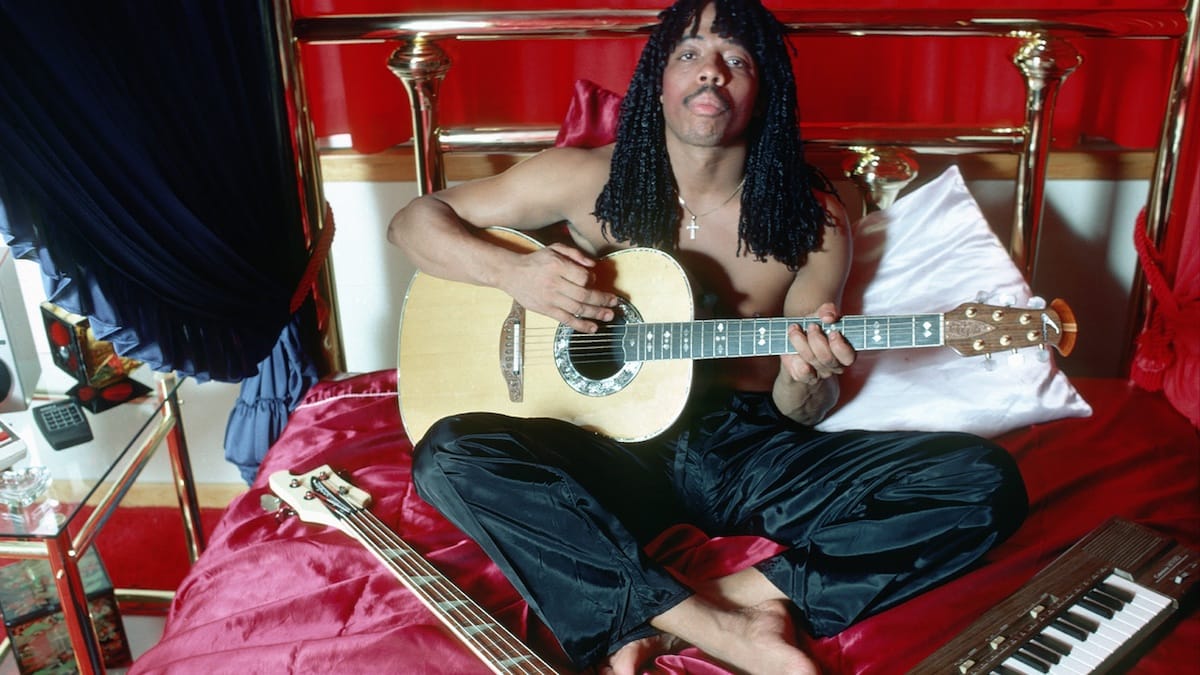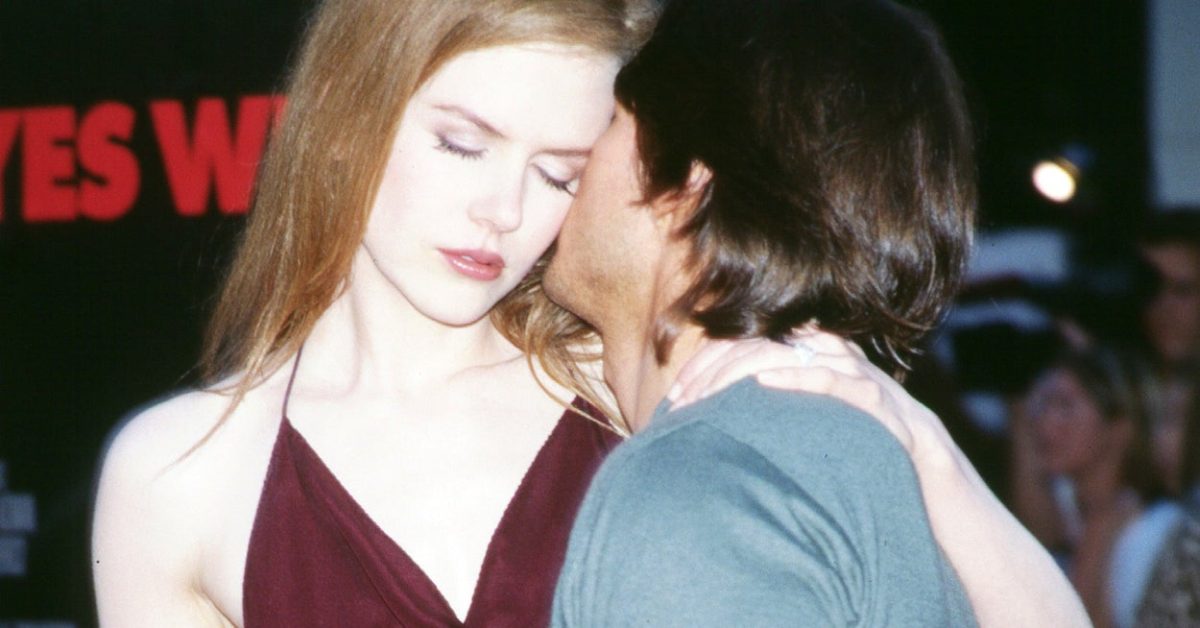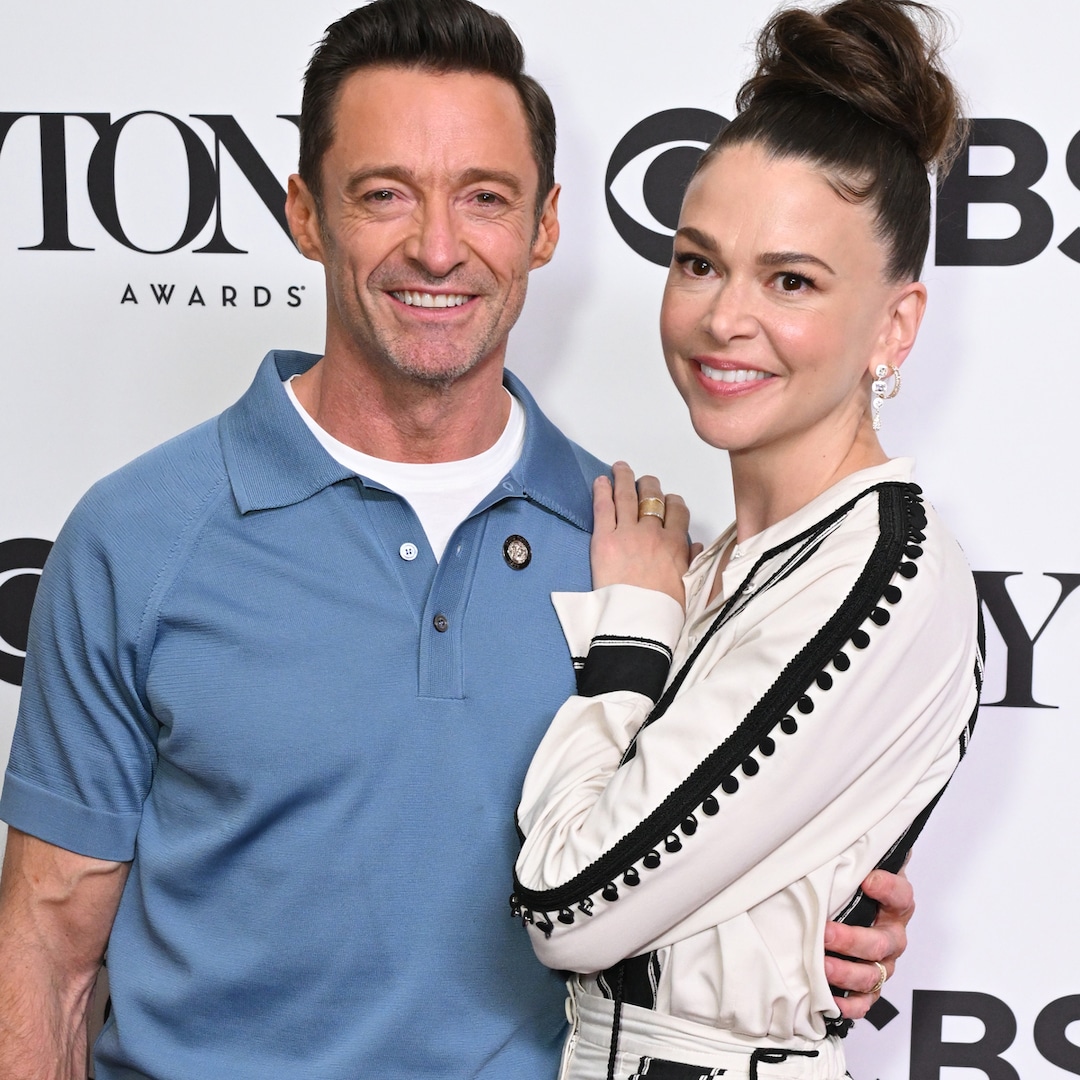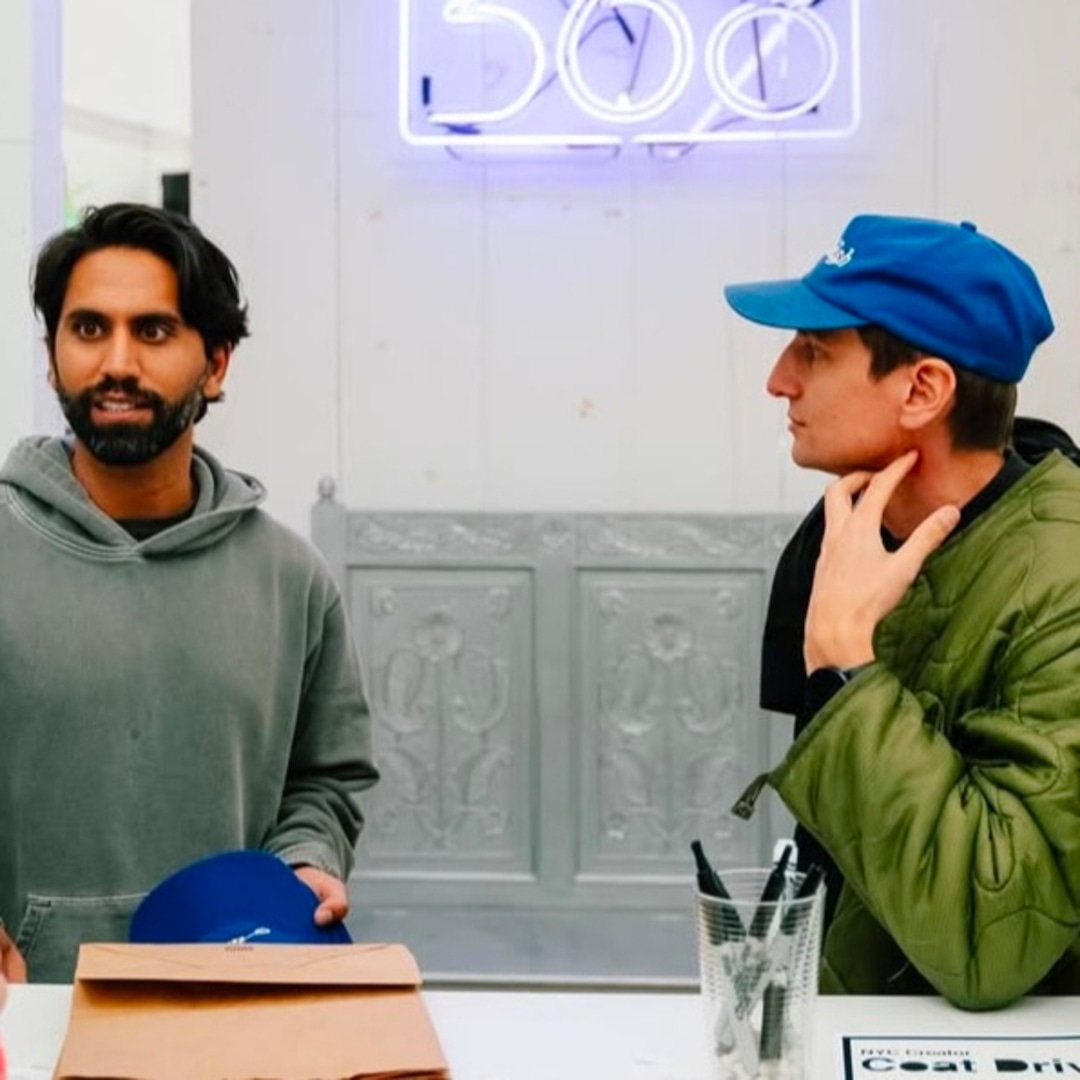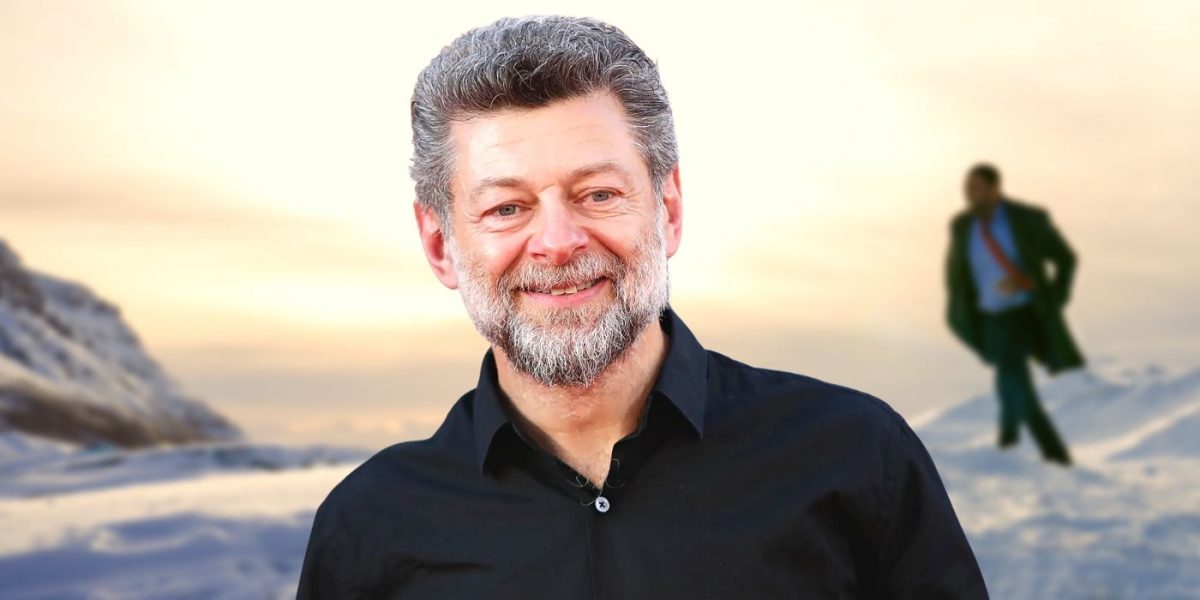
The Fallen Sun,’ Idris Elba & ‘The Batman’ Sequel
Mar 17, 2023
[Editor’s note: The following contains spoilers for Luther: The Fallen Sun.]The Netflix original movie Luther: The Fallen Sun continues the television saga of DCI John Luther (Idris Elba), now a disgraced detective who’s sitting behind bars. In order to track down a disturbed serial killer turning the shame of ordinary citizens into terror, Luther must break out of prison and pursue the man taunting him. That’s no easy task by far, when you’re cut off and viewed as a criminal yourself, forcing Luther to call on the small few he can trust for help.
During this 1-on-1 interview with Collider, Andy Serkis (who plays David Robey, the film’s clever, manipulative, and narcissistic villain) talked about why he initially didn’t want to take on the role, going head-to-head with Elba, how he approached playing such a dark character, the experience of shooting at Piccadilly Circus, the fight scene inside the car, and why they needed to stop and rethink the sequence between Luther and Robey at the end. He also talked about the status of The Batman sequel, how things are progressing with his Animal Farm adaptation, and his reaction to the news of there possibly more The Lord of the Rings films.
Collider: When the opportunity to do this and to be the villain in this long-awaited Luther movie came your way, what was the biggest selling point for you? Was it getting to play a frightening bad guy, or was it going head-to-head with John Luther? What was it that reeled you in?
ANDY SERKIS: I was a big fan of the series. I love the series. It was gritty. It was emotionally truthful. It was dark. There was always something bizarrely normal about the villains of the story. They were the person under the bed, or the person behind the fridge. That level of horror seemed to be something that, elevated into a movie, I just thought, “How is that gonna work?” Obviously, I’ve always admired Idris [Elba], as an actor, so to get the chance to work with him was also a huge draw for me. When I read the script, when it landed in my inbox, I actually didn’t wanna do it because I just thought, “This is too despicable. I’ve played dark characters. Do I really wanna go there with this?” But then, what appealed to me about it, hugely, was that Neil Cross’ writing was taking something vastly important, which is the subject of how we relate to a technology that we’ve completely handed over responsibility to, which is the internet, in a world that increasingly isolates people, desensitizes people, and makes us feel judged. The monster in this movie really is out there, that we all buy into.
David Robey’s part in that is really the fact that he can manipulate that and use that to shame. He has created his own more world, as an isolated individual, who has no other connection to humanity, other than through watching them and observing them in their homes, doing whatever they’re doing, from brushing their teeth, to watching pornography, to whatever it is. It doesn’t even need to be extreme, but that’s the only way that he can relate to human beings. I find the dichotomy of a lonely individual becoming so driven to take down what he would see is the hypocrisy in the world, which is people who believe themselves to be good and who judge people like him, I found that really interesting and very fertile ground for exploration.
Image via Netflix
You talked about having played dark characters before, but is there something different about playing somebody who is this despicable, cruel man, but who also very much enjoys and embraces how awful he is? There are times when you feel like he’s really getting off on these horrible things and the reaction that he’s getting for doing them. As an actor, does it feel very different to play somebody like that, who is dark, but also enjoys it?
SERKIS: Yeah. It’s making that mental shift to someone where it’s his norm. That’s the thing. It’s not even that he enjoys it. Actually, to enjoy would be an amazing thing for David Robey. He doesn’t even get as far as enjoy. He wishes he could enjoy, but he can’t. He’s so cut off. He might give the appearance of enjoying it, but he actually doesn’t even get that satisfaction. That’s the sadness and the tragedy of the character, in a way. What he does have is a sense of theatricality. There’s no question about that. Throughout the movie, it’s almost like he’s arrived. He’s piecing together something that will bring like-minded people together in this safe space, where they can all enjoy the show. That’s what’s so messed up in him. He’s doing something which he thinks is entertainment because he’s so desensitized. When you peel back the onion, that is David Robey. That’s what was interesting about the role for me.
Actors always talk about not judging their characters and how villains are the hero of their own story, but does a character like this still feel that way? When you play someone like this guy, who is truly cruel and sadistic and murderous, do you just embrace that he’s a bad guy, or do you actually try to find a way to like him?
SERKIS: When you’re building a character from the outside, or you’re observing and piecing together the information, you’re making decisions, morally, from the outside, so you are judging, to a certain extent. But when you’ve done that research and done that formation of the role, you put that to one side, and when you step into it and actually empathize with the character, you can’t judge the character then. Once you’ve made the set of assumptions and rules about how you’re gonna play it, then you go into it and you’re living that reality and that set of moral assumptions. You think about the atrocities that take place in the world and how people have gotten themselves into a situation where they can carry out the mass murder of millions of people, or carry out genocide. They get there because that’s become their normality, and that’s the same with David.
The people who write the darkest stories and who play the darkest characters often seem to be the nicest people. What impression did you get from Neil Cross? What was it like to talk to him about all of this?
SERKIS: He’s the loveliest guy. It’s true. He writes about London and Luther Land and the darkness of that, but he lives in New Zealand, on the coast just north of Wellington, in the most idyllic environment, and writes these stories. That’s what’s extraordinary. And he is the loveliest man. He really is genuinely a lovely human being. We probably have that in common, in the sense that he loves his life, and he’s connected to nature and his family, and yet he draws, from somewhere, from this well of I don’t know what, in the same way that I have this deep darkness. I don’t know. What’s wrong with these people?
At least there’s an outlet where you can do it and leave it there.
SERKIS: Yeah, that’s it. It’s a safe environment to explore.
Image via Netflix
What was it like to shoot the whole Piccadilly Circus sequence? It’s remarkable to watch all of that because there are so many moving parts to it. You have the confrontation between these two men, all these people jumping to their deaths, people running around, and cars crashing. It’s insane that all of that is going on in one sequence. How elaborate was all of that to pull off? What was it like to do something like that?
SERKIS: (Director) Jamie Payne really fought for it to be Piccadilly Circus. At one point, it was somewhere else, but the natural amphitheater of that place lent itself to what was gonna happen. He storyboarded that and worked with the stunt team for months and months and months. I guess it’s one of the most storyboarded sequences, ever. When you’ve got three nights, in such a location, to shoot between the hours of eight at night and six o’clock in the morning, before everybody comes back to work, with everything shut down, marshaling, 600 supporting artists, or however many were, and cars and stunts, and all that stuff, it was a real feat to pull off. Hats off to him. He really fought hard for that location. Nobody has shot in Piccadilly Circus since John Landis did for An American Werewolf in London, I believe, and for good reason. It’s a central node in the middle of town. It was extraordinary to have that face off in that environment.
I’m a fan of so many of the projects that you do and the work that you do in them. I absolutely loved Andor, which made my list of Best TV of 2022 at number one. I also very much enjoyed The Batman, which accomplished the tall task of feeling new, even though that story has been told so many times. Have you spoken to Matt Reeves yet, about the sequel? Do you know when you might get to do that? Will you film that this year?
SERKIS: I know he’s writing, at the moment. I’ve not had many discussions with him about it. I loved working with him on it. It was amazing to go from doing the Apes movies into that world. I think he just did such an incredible job. Like you say, it was a very fresh version. And working with Rob Pattinson was amazing. So, I know that the second one is being written, but that’s as far as I know. I don’t know how Alfred plays into that, at all. It’ll be exciting to find out, which I think I will do soon.
You just wait for the day when security with a script under lock and key, shows up to let you finally know what you get to do?
SERKIS: Pretty much.
Image via Warner Bros.
It was announced that you were going to direct an animated adaptation of George Orwell’s Animal Farm, which was a novel that made a huge impact on me in school. What’s the status of that, and why did you want to do that, when it seems like such a crazy task to pull off?
SERKIS: It was the same for me. When I was at school, the two slightly more grown up books that I read on my own were The Hobbit and Animal Farm. I distinctly remember reading it at school and being so affected by it, and I guess I just carried it with me all these years. The great thing about Orwell, and the tragic thing about Orwell, is that it’s eternally relevant. His writing shows how society does repeat and history does repeat itself. The status of it is that we developed it for 10 years, we’re a year into production with it, and we’ve got about another year to go. There’s no release date. We haven’t announced the cast yet, although we’re shortly to. It’s an amazing cast. The reason it took so long to develop was because we were trying to find a way of using the right cinematic language and the right tone and the right feel to speak to a contemporary audience. We’re not making a historical replication of the totalitarian book that George Orwell wrote in 1946. This is, if he were writing that book now, what would be the targets? What would he be satirizing? What would he be commenting on? But we’re also making it in such a way that’s for a family audience. You tend to read this book when you’re about 10, 11, or 12, but this is going to be for seven and up. Finding a language for that, which is contemporary and fun and has humor in it, as well as having the messaging within it, has been the challenge.
You also mentioned The Hobbit. What are your thoughts about Warner Bros./New Line announcing that they’re going to do more The Lord of the Rings movies? Are you curious about what that could turn out to be?
SERKIS: Absolutely. I literally found out through a journalist, actually. I thought he was talking about The Rings of Power, but then, I went back and started looking at what was going on. Peter Jackson, Fran Walsh and Philippa Boyens, that team, really created something extraordinary, with their relationship with Warner Bros. It makes total sense. There are so many other great Middle-earth stories. Having recently done audiobook recordings of The Hobbit, and then The Lord of the Rings trilogy, and just recently The Silmarillion, I’m aware that there are such great further stories that can be told, and I wait with bated breath to see what they’re gonna come up with.
Along with that Piccadilly Circus scene, the fight scene in the car with you and Idris Elba is also remarkable to watch. You have this outside visual of the snow, and then these two guys trying to tear each other apart in the car. What made that uniquely challenging? What was the hardest part of shooting that scene in such a confined space?
SERKIS: They’re very choreographed moments, but then, when you actually get into those moments, there is an element of having to make it look messy and in the moment and real. It was complicated to shoot because it was a mixture of actually being in the Land Rover and on a gimbal, which was moving around to mimic the movement, and then there was the choreography, and then things don’t happen right, every single time, because you’re being thrown about. On nearly every take, something goes slightly awry. That’s the magic of cinema because it’s those happy accidents, or painful happy accidents, that make it feel real and visceral.
Image via Netflix
There’s something so disturbing about the visual with your character wearing the mask with the projections on it. Did you know what that would look like? Did you actually have that on, or was that something you had to see the final look for later? That’s going to haunt me forever.
SERKIS: Yeah, it’s a good mask. I saw some concepts of it, for sure, but I didn’t see it, in the way that it animates, actually. That is pretty shocking. I think it’ll be a good Halloween mask for next year, for sure.
The Red Bunker feels very theatrical because it’s like a stage, with the cameras live-streaming. What were the challenges of doing that? When you have a scene where Idris Elba is chained and hanging there, do you have to get him down between takes? Do you just leave him there to get through it as quickly as possible? How did all of that work?
SERKIS: Yeah, that was intense. That was an intense few days. One of the days, we stopped shooting to have a big discussion about exactly how he was gonna be hung up and chained, and about the messaging in all of that. We actually stopped filming for quite some time and had a long discussion. It completely affected the dynamics of that scene, and it was a really brave thing to do. Jamie Payne is a great actor’s director. The camera crew all stood down, and there were a lot of discussions about that scene. For Idris, it was very tough, physically. I was spinning him around and it was disorienting. He actually really felt sick, after the first take, and then had to keep doing it, again and again and again and again. It was uncomfortable, but all of that really added to the tension in the room. Just in terms of in the interpretation of what the scene meant, that shifted and changed. There was a lot of improvisation. We actually got there through improvising some of it, which was the first time that we did that. This was very closely scripted, but we needed to have the time to do that, to break it up, so that we could really engage in the scene. Once we did that, it really worked and began to flow again. It’s interesting, you can hit walls when you’re filming, and you don’t necessarily know. And then, if you free it up in some way, and have the bravery to stop filming and actually do that, then you can take it to another place.
Luther: The Fallen Sun is available to stream at Netflix.
Publisher: Source link
Nicole Kidman’s Viral Getty Image Catalog
Nicole Kidman's Viral Getty Image Catalog Nicole Kidman has stepped back into the limelight to promote the new A24 erotic thriller Babygirl — and she’s looking as radiant as ever. The Academy Award-winning star has had an incredibly storied career,…
Jan 14, 2025
Hugh Jackman and Sutton Foster Have Steamy Makeout Session
The Music Man's final curtain call was in January 2023. But it wasn't the only thing to come to an end. In September of that year, Jackman and his wife of 27 years Deborra-Lee Furness announced their split."We have been blessed…
Jan 14, 2025
Mandy Moore Shares She’s Unsure If Her Home Survived
California Fires: Mandy Moore Shares She's Unsure If Her Home Survived On Tuesday, Mandy shared on her Instagram story that she, her children, and her pets left their home and were safe. "Evacuated and safe with kids, dog and cats.…
Jan 13, 2025
YouTubers Colin, Samir Lose Homes to L.A. Fire as Wives Are Pregnant
Angelina Jolie, Halle Berry, Jamie Lee Curtis & More Stars Are Giving Back Amid LA FiresYouTubers Colin Rosenblum and Samir Chaudry are opening up about their heartbreaking situations. The duo, otherwise known on the platform as Colin and Samir, recently…
Jan 13, 2025


